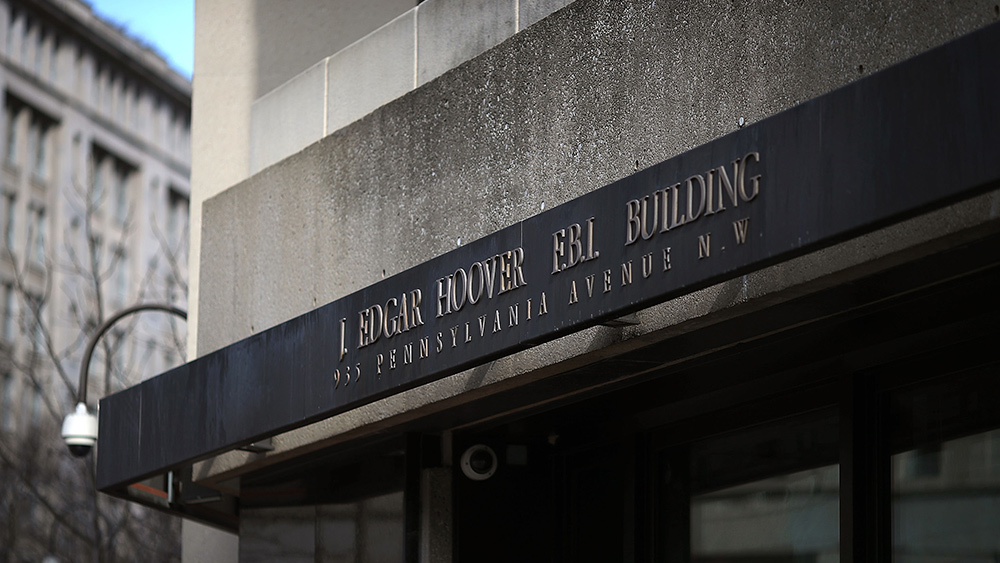
In response to the story, Twitter undertook measures to take down any mention of the story, locking the Post‘s primary Twitter account in the process. The social media company charged that “hacked materials” were used for the story.
Following this, Cruz wrote a strongly worded letter to Twitter and its president Jack Dorsey. In it, he argued that Twitter’s decision to suppress the story was “hypocritical,” pointing to the fact that the company has allowed plenty of other stories with even more dubious sources to spread unchecked.
“Twitter well knows its incredible ability to influence public dialogue by promoting some stories while suppressing others, and it has plainly decided that the American people should not be seeing or discussing this particular story, which could significantly influence voters’ views of candidate Biden,” he wrote.
Story strengthens links between Hunter Biden and Ukrainian energy company
The Post’s story describes an alleged 2015 email from Vadym Pozharski, an executive at Ukrainian energy company Burisma, thanking Hunter Biden for giving Pozharski “an opportunity to meet your father.”
Biden, who led the Obama administration’s Ukraine policy, has claimed to have never spoken to his son Hunter about the latter’s overseas business dealings. This includes a reported $83,000 monthly pay on Burisma’s board.
The Post’s source was a hard drive given to the paper by former New York City mayor Rudy Giuliani -- a personal attorney to President Donald Trump -- after he had received it from a computer repairman.
According to the repairman, he had legally accessed the contents of the hard drive under an abandonment contract clause when Hunter Biden did not collect the damaged laptop within 90 days.
Twitter quick to censor, claims “hacked” material broke rules
After the Post published the story, Twitter locked the paper’s primary account. In an email to the paper, Twitter said that the articles broke the social network’s rules against the “distribution of hacked material.”
In addition, Twitter also blocked users from sharing the link to the Post‘s article, saying that the link was “potentially harmful.”
“In line with our Hacked Materials Policy, as well as our approach to blocking URLs, we are taking action to block any links to or images of the material in question on Twitter,” wrote a Twitter spokesperson in an email to the paper.
The social media company also said that it took the step because of the lack of authoritative reporting on where the materials the Post used in its story came from.
Republicans rally against Twitter censorship
After Twitter censored the Post’s story, the Republican party rallied to keep the story from being suppressed. While Cruz was sending his letter to Dorsey, Republicans on the House Judiciary Committee copied and pasted the censored story and encouraged people to share the Twitter link.
Within 30 minutes, about 5,000 users had retweeted the link, which leads to a .gov official U.S. government webpage.
On Wednesday, Republican lawmakers cited Twitter’s censorship of the Post‘s article in the latest round of calls to reform Section 230 of the 1996 Communications Decency Act (CDA), which shields sites that host third-party content from liability. In addition, Missouri Sen. Josh Hawley separately requested an investigation by the Federal Election Commission. (Related: House GOP pushes new Section 230 bill to promote free speech online.)
Lawmakers who support reforming Section 230 of the CDA say that tech giants should lose their protections should they operate as a publisher and not as a neutral platform.
“Condemnation is not enough. It’s time to reform Section 230,” wrote Colorado Rep. Ken Buck, a Republican on the House Judiciary Committee. “Twitter is attempting to meddle in the election with anti-conservative bias. [Jack Dorsey] is acting like a publisher, making the case yet again to reform Section 230.”
“Big Tech claims they aren’t biased against Conservatives,” added Ohio Rep. Jim Jordan, the top Republican on the panel. “So why are they suppressing speech to help the Democrats? Section 230!”
Follow Censorship.news for more on Big Tech’s efforts to suppress conservatives on their platforms.
Sources include:
Please contact us for more information.























